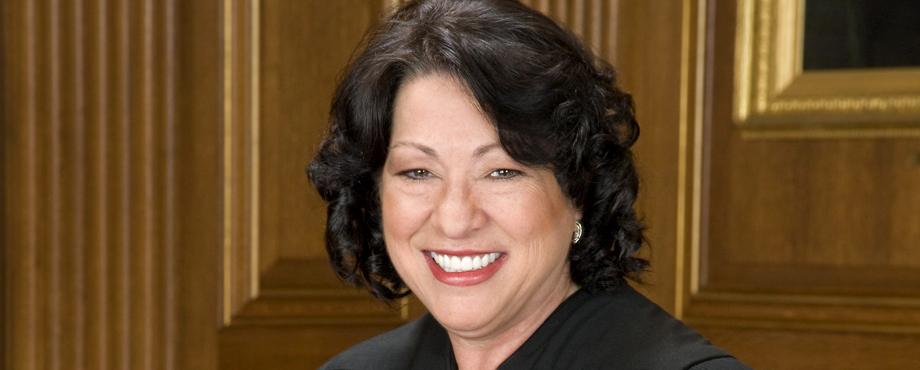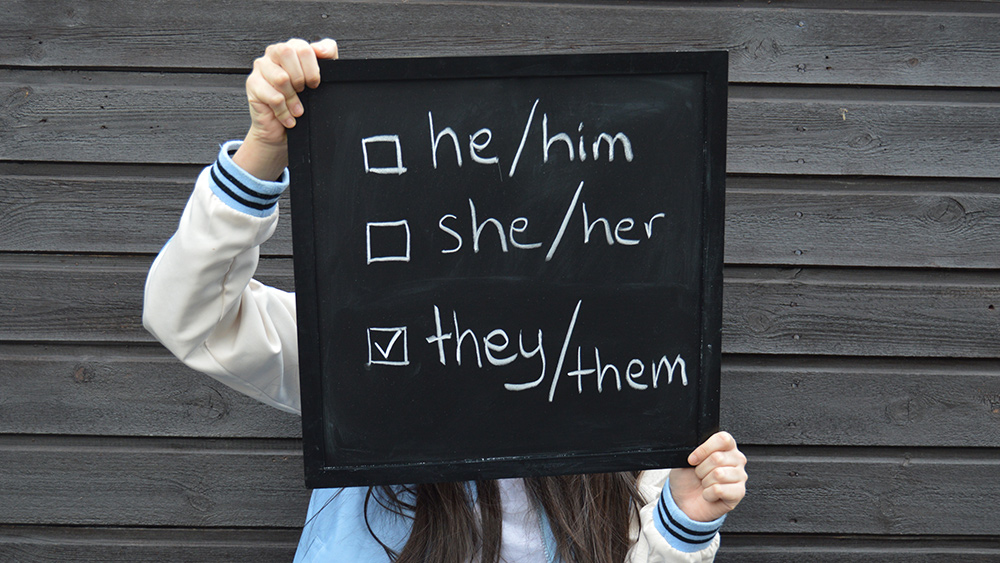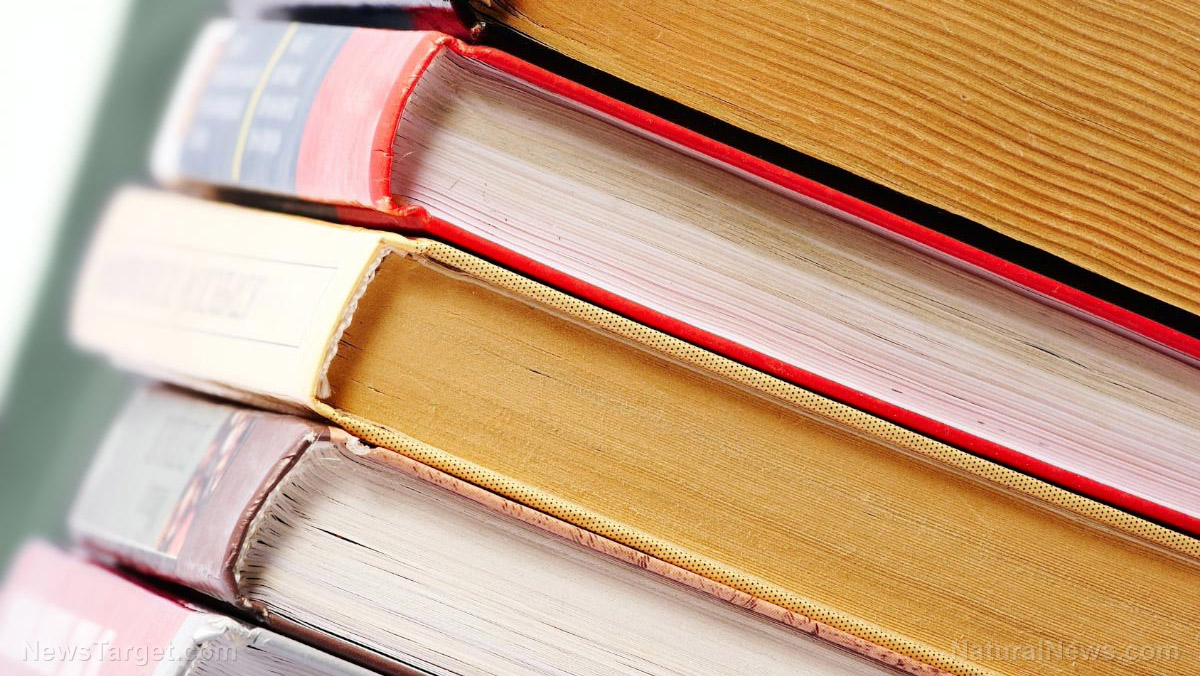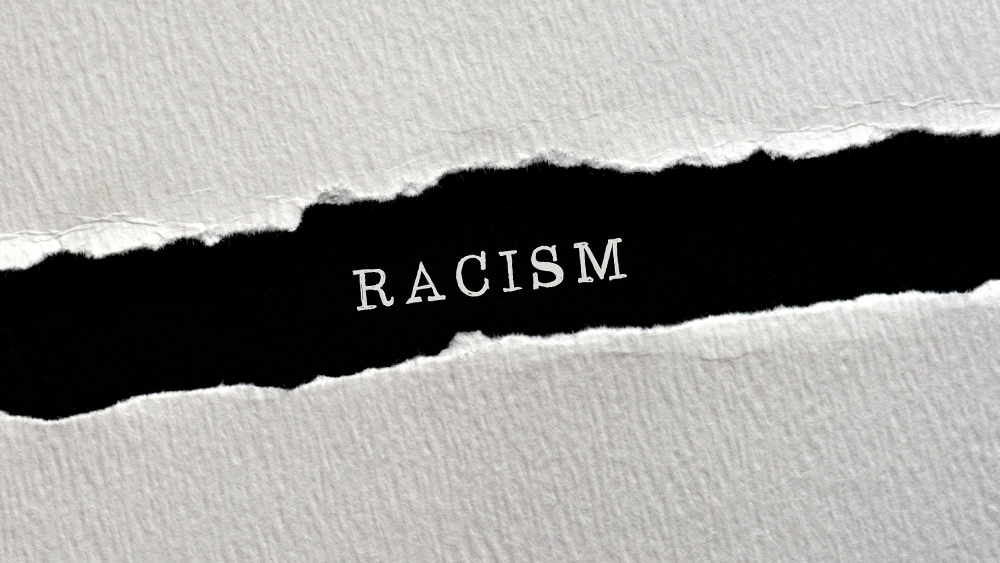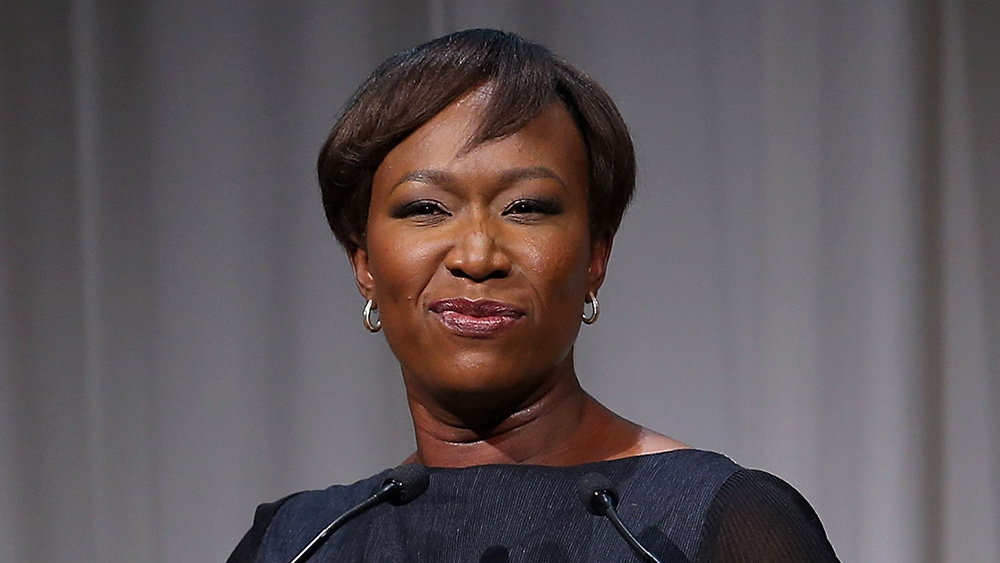Hundreds of public school districts are SUING Big Tech for warping their students’ minds into a MENTAL HEALTH DISASTER
08/01/2023 / By Ethan Huff

Somewhere in the vicinity of 200 public school districts across the U.S. are suing social media companies for the profound damage these tech platforms have inflicted on students who use them.
In support of the new Social Media Parental Notification Act, the suit aims to force tech giants like Facebook, Instagram, Snapchat and TikTok to include parental consent as part of their terms of service before allowing underage children and teens to use their platforms.
According to the plaintiffs, countless children across the country have had their brains destroyed by using social media. The suit specifically names cyberbullying and mental health issues as being among the most prominent harm that students are incurring as a result of using social media.
The suit was recently consolidated in the U.S. District Court in Oakland, Calif., due to the multiple individual suits that were brought by schools. Hundreds of families are also suing for the exact same thing in the exact same court.
(Related: Be sure to check out our earlier report about how public school “teachers” are colluding with one another to devise new ways to “subversively and quietly” transition students into the cult of LGBT without their parents’ knowledge or consent.)
Families, schools address Section 230 provisions that unfairly shield social media companies from substantial liability for harm caused by their platforms
At the heart of the suit is Section 230 of the Communications Decency Act, which as we reported in the past grants Big Tech an unfair liability shield, whereby nobody can sue social media platforms for harm caused by their services.
What Section 230 does is allow social media companies to weasel their way out of accountability for harms caused by the content they host. In essence, the provision allows them to pretend to be service providers rather than the content curators they technically are with all of the censorship and manipulation they engage in.
“The parent companies of these social media platforms argue the case should be dismissed due to Section 230 protections,” KATU reported about the lawsuit. “However, the schools argue that Section 230 does not apply in this case. Their claim centers on the platforms’ product design and addictive algorithms, which they say are addictive and manipulative to vulnerable students.”
While it is certainly going to be an uphill battle for the plaintiffs, it is not an impossibility for the suit to succeed. If enough evidence can be put forth in the case, it might just be a success in finally holding Big Tech responsible for destroying the country while raking in obscene profits.
Surgeon General Vivek Murthy has confirmed that social media is harmful to users, and particularly younger users whose brains are still developing. Back in May, he issued an advisory that social media use damages mental health and well-being, and that younger people in particular should limit use to no more than three hours per day.
Other experts say that children should use social media for no more than two hours per day, but the notion still stands that it is harmful when used in excess – and some would argue that social media use at all is harmful.
According to the National Center for Education Statistics, some 76 percent of schools in the U.S. have mobile phone bans, as of 2020. So, we can see that some steps are being taken to curb social media in this way, though much more can still be done to protect children.
Congress is also considering the passage of minimum age restrictions for social media use, with 13 years old being thrown around as a potential cut-off with nobody younger than that being allowed to use toxic platforms like X (Twitter), TikTok, Facebook, Instagram and Snapchat.
American public schools have become LGBT grooming factories run by pedophiles and perverts. Learn more at Collapse.news.
Sources for this article include:
Submit a correction >>
Tagged Under:
age restrictions, Big Tech, children's health, Facebook, glitch, groomer, groomers, Instagram, lawsuit, LGBT, mental health, parental content, perversion, public education, public school, Social media, Social Media Parental Notification Act, Students, tech giants, TikTok, Trans, transgender
This article may contain statements that reflect the opinion of the author
RECENT NEWS & ARTICLES
COPYRIGHT © 2018 PUBLICEDUCATION.NEWS
All content posted on this site is protected under Free Speech. PublicEducation.news is not responsible for content written by contributing authors. The information on this site is provided for educational and entertainment purposes only. It is not intended as a substitute for professional advice of any kind. PublicEducation.news assumes no responsibility for the use or misuse of this material. All trademarks, registered trademarks and service marks mentioned on this site are the property of their respective owners.


